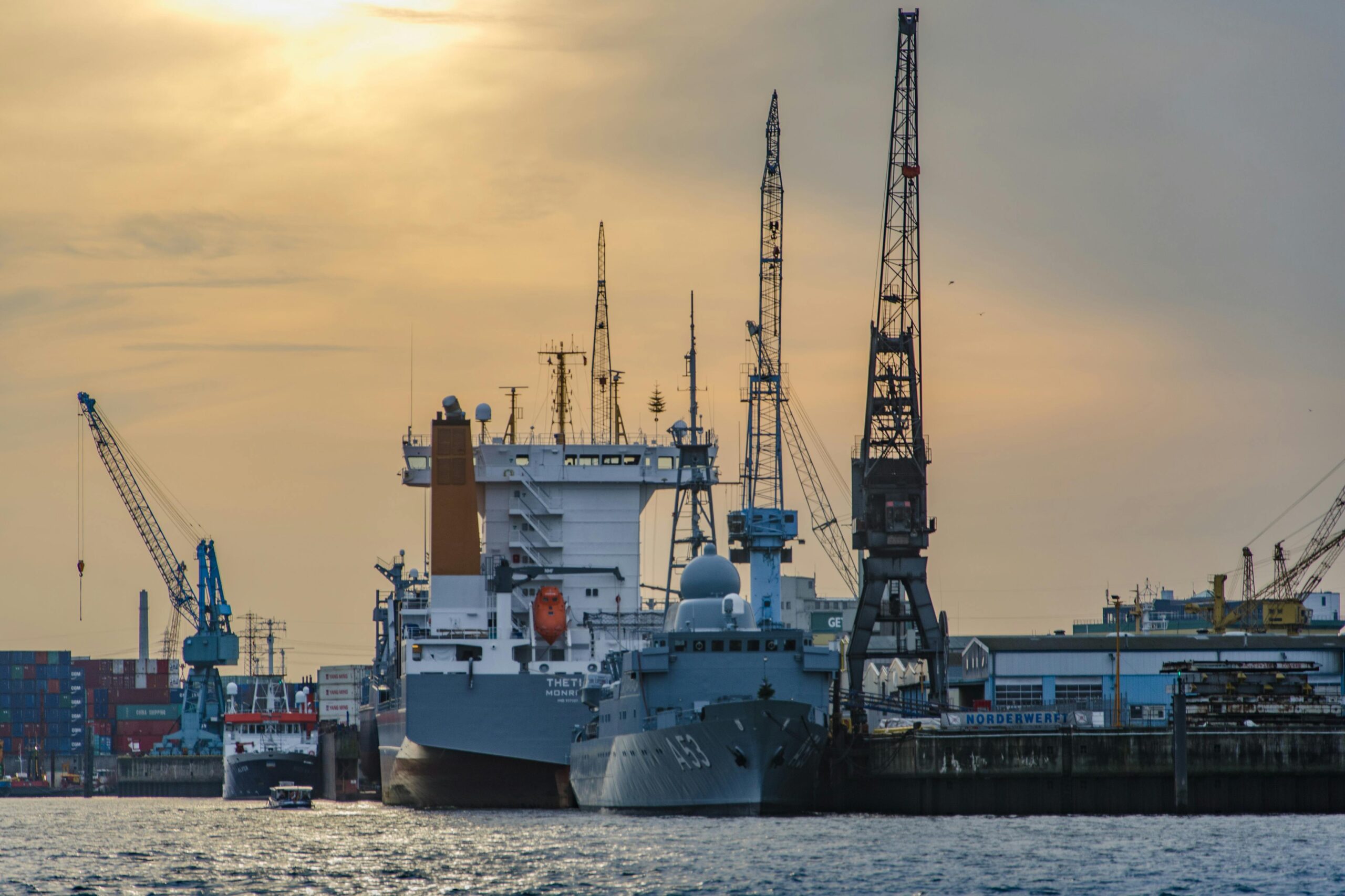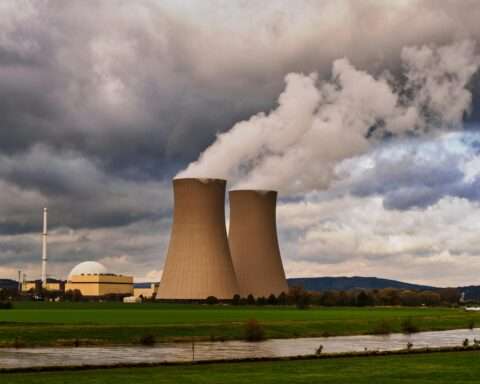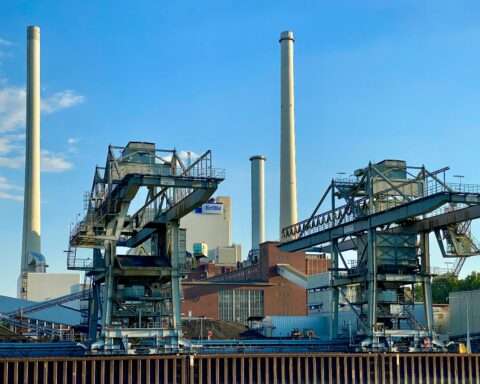The U.S. Department of Energy has issued a request for information with the goal of officially defining what determines sustainable maritime fuel (SMF).
The Action Plan for Maritime Energy and Emissions Innovation calls for the federal government to define SMF, which the DOE said was critical to evaluating and determining future production volume goals and alternative fuels that align with net emission goals for the US 2050 plan.
RELATED: EPA declares new 20% ethanol fuel blend road ready
Replacing traditional fuels with SMFs is the quickest strategy to reduce greenhouse gas emissions from the maritime sector, the DOE said.
“The United States is well positioned to be a global leader in producing, distributing, and selling these sustainable fuels that can provide more affordable options to the market,” said Michael Berube, deputy assistant secretary for sustainable transportation and fuels, Office of Energy Efficiency and Renewable Energy. “This request for information will help align the industry around common definitions, enabling broader adoption across the economy.”
Responses to the RFI are due Feb. 28.
“While drop-in fuel replacement solutions are currently being developed, the maritime industry cannot rely solely on these replacements,” the DOE said. “Vessels must look towards alternative energy sources such as clean methanol, ammonia, hydrogen, electrification, and efficiency improvements as the industry moves towards zero- and near zero-emission fuels.”
The RFI is a collaborative interagency effort including, but not limited to, the U.S. Department of Transportation, the U.S. Department of Agriculture, the Department of State and the Environmental Protection Agency.
The RFI will also seek specific feedback on other topics that could affect what qualifies as a SMF including; minimum carbon intensity reductions, sustainability factors, criteria air pollutant inclusion, acceptable feedstocks, global requirements and emission reduction technologies.
Photo by mali maeder













